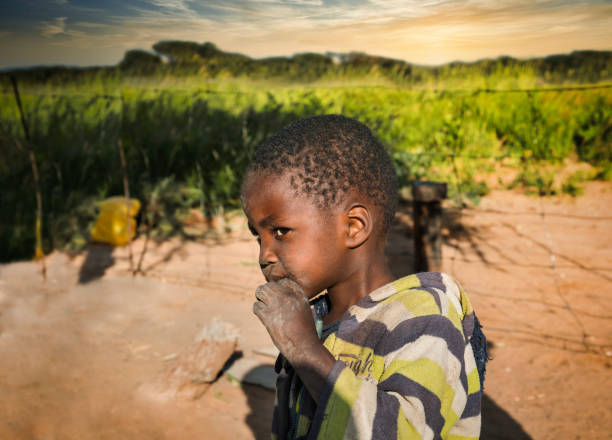Nigeria is grappling with a severe child malnutrition crisis, with over 2 million children under the age of five suffering from Severe Acute Malnutrition (SAM), according to UNICEF. This places Nigeria as the country with the second-highest burden of malnourished children worldwide, trailing only behind India.
Approximately 32% of Nigerian children under five are stunted, indicating chronic undernutrition that impairs physical and cognitive development. Additionally, around 11 million children experience severe food poverty, consuming at most two of eight essential food groups, which significantly increases their risk of wasting—a life-threatening form of malnutrition. UNICEF+1AP News+1
Nigeria’s alarming child malnutrition crisis—where over two million children suffer from severe acute malnutrition—demands urgent, coordinated, and sustained action. As the second highest burden globally, this situation not only threatens the immediate survival of millions of children but also jeopardizes the nation’s future through compromised cognitive and physical development.
Addressing this crisis requires more than humanitarian aid; it calls for long-term investment in nutrition-sensitive policies, improved access to healthcare, robust food systems, and social protection. With stronger government commitment, global partnerships, and community-driven solutions, Nigeria can turn the tide on malnutrition and secure a healthier future for its children.





